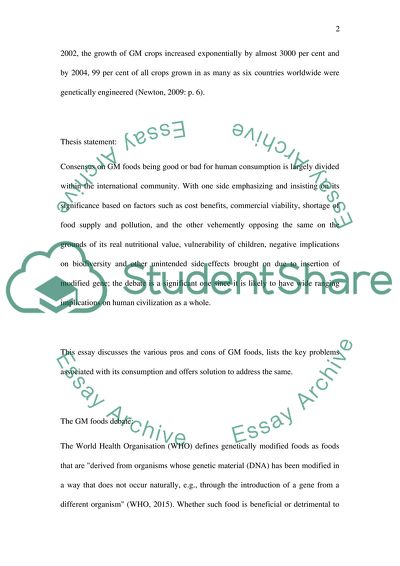Cite this document
(Is Genetically Modified Food Good or Bad for Human Consumption Case Study, n.d.)
Is Genetically Modified Food Good or Bad for Human Consumption Case Study. https://studentshare.org/family-consumer-science/1874133-does-genetically-modified-food-good-for-us
Is Genetically Modified Food Good or Bad for Human Consumption Case Study. https://studentshare.org/family-consumer-science/1874133-does-genetically-modified-food-good-for-us
(Is Genetically Modified Food Good or Bad for Human Consumption Case Study)
Is Genetically Modified Food Good or Bad for Human Consumption Case Study. https://studentshare.org/family-consumer-science/1874133-does-genetically-modified-food-good-for-us.
Is Genetically Modified Food Good or Bad for Human Consumption Case Study. https://studentshare.org/family-consumer-science/1874133-does-genetically-modified-food-good-for-us.
“Is Genetically Modified Food Good or Bad for Human Consumption Case Study”. https://studentshare.org/family-consumer-science/1874133-does-genetically-modified-food-good-for-us.


